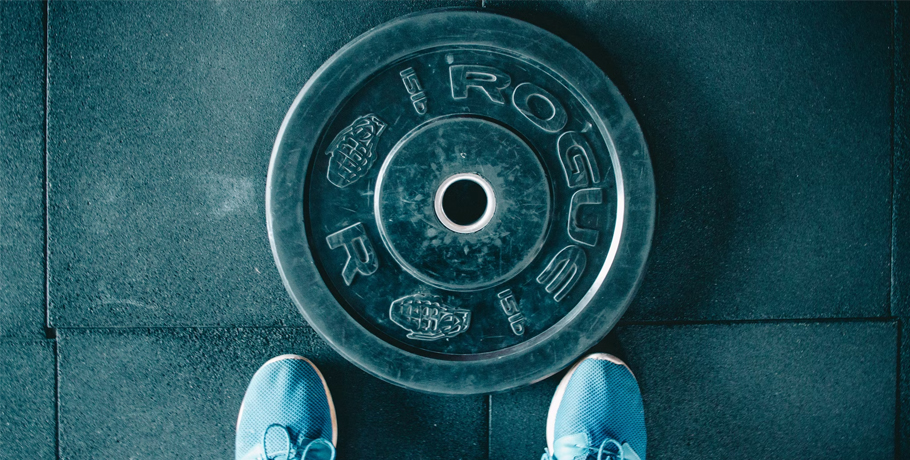
Gaining muscle mass is a common fitness goal for many people, whether they are looking to increase their overall strength, improve their physique, or simply lead a healthier lifestyle. While building muscle may seem like a daunting task, it can be achieved by following a few key principles. In this article, we'll explore the top tips and strategies for building muscle mass effectively, including the role of nutrition, exercise, and recovery. Whether you're a seasoned athlete or just starting out, these tips can help you achieve your muscle-building goals and improve your overall health and fitness.
- Lift weights regularly: To stimulate muscle growth, you will need to subject your muscles to progressively increasing amounts of tension. This can be achieved through weight training exercises that involve lifting weights or using resistance bands.
- Eat enough protein: Protein is essential for muscle growth because it provides the building blocks your body needs to repair and rebuild muscle tissue. Aim to consume at least 0.8 grams of protein per pound of body weight per day.
- Eat enough calories: In order to build muscle, your body needs a surplus of calories to fuel the muscle-building process. Make sure you are consuming enough calories to support your weight training goals.
- Get enough rest: Adequate rest and recovery is crucial for muscle growth. Aim for at least 7-9 hours of sleep per night and make sure to allow sufficient time between workouts for your muscles to repair and rebuild.
- Stay hydrated: Drinking enough water is important for overall health and can also support muscle growth by helping to deliver nutrients to your muscles.
- Consider adding supplements: While supplements are not necessary for muscle growth, certain supplements such as protein powder, creatine, and beta-alanine may help to support your muscle-building efforts. Magnesium is important for gaining muscle because it plays a crucial role in protein synthesis, which is the process by which the body produces new muscle tissue. Additionally, magnesium is involved in muscle contraction and energy production, making it essential for muscle performance and endurance during exercise. Furthermore, magnesium helps to regulate levels of the stress hormone cortisol, which can inhibit muscle growth if levels are too high. Overall, ensuring adequate magnesium intake can help support optimal muscle function and growth.
